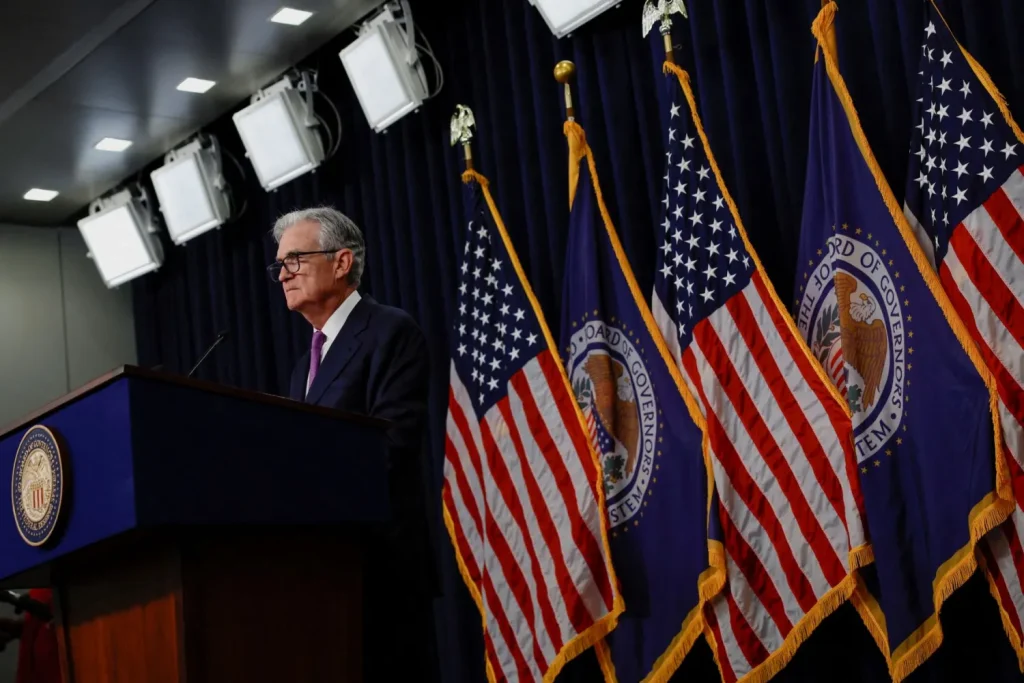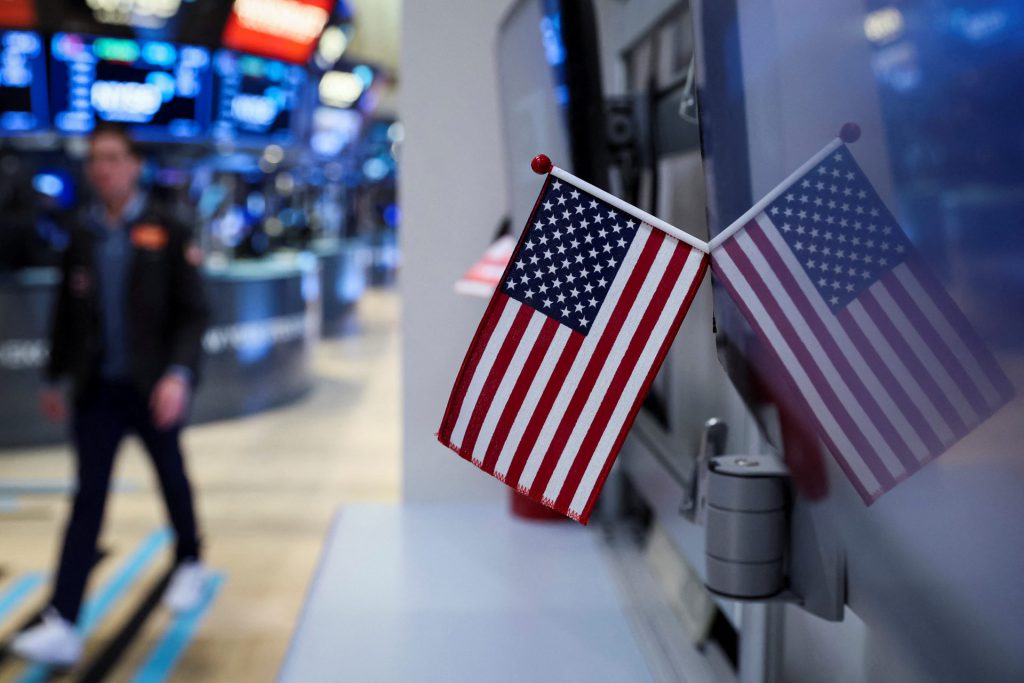Federal Reserve Leave Interest Rates Unchanged in May 2024
Following the highly-anticipated inflation figures for this month, the Federal Reserve has opted to leave interest rates unchanged in May 2024. The decision was expected, with the June FOMC meeting coming to a close as interest rates remain at 5.25% to 5.50%.
The Federal Reserve decision means that rates remain at a 23-year high as the market now awaits a statement. This is set to be the most important part of the Fed’s response to the inflation data and how it could inform their future decisions. Specifically, Fed Chair Jerome Powell should provide some sort of insight into the agency’s next move.
Also Read: Senator Says Bitcoin Will be Vital to US Economy Post-Election
Federal Reserve Leaves Interest Rates Unchanged Yet Again

The United States has been engaged in a years-long fight against rising inflation. Indeed, the Central Bank had enacted an aggressive tightening campaign that had ceased at the start of this year. Subsequently, the country is carefully observing when the Fed will begin much-needed loosening.
That won’t take place this month, as the Federal Reserve has left interest rates unchanged for May 2024. Indeed, the agency repeated its April decision, keeping the rates at their highest level in more than two decades. Although it’s hard to pinpoint when those rate cuts will come, the agency has not let up on its target for the inflation data.

Also Read: US Congressman Introduces Bill To Abolish The Federal Reserve
The Federal Reserve has held firm to its 2% target and had previously noted a “lack of further progress” toward that target in a statement issued on May 1st. Moreover, their decision is contrary to the request from politicians who called for cuts to happen today.
Senators Elizabeth Warren of Massachusetts, Jacky Rosen of Nevada, and John Hickenlooper of Colorado wrote to the Central Bank. Specifically, they note that the decision to wait and see may be having an adverse effect on inflation. Those figures fell marginally from April to May, and represent little headway toward the Fed’s goal.

 Federal Reserve pauses interest rate hikes, remains at 5.25% – 5.50%.
Federal Reserve pauses interest rate hikes, remains at 5.25% – 5.50%.